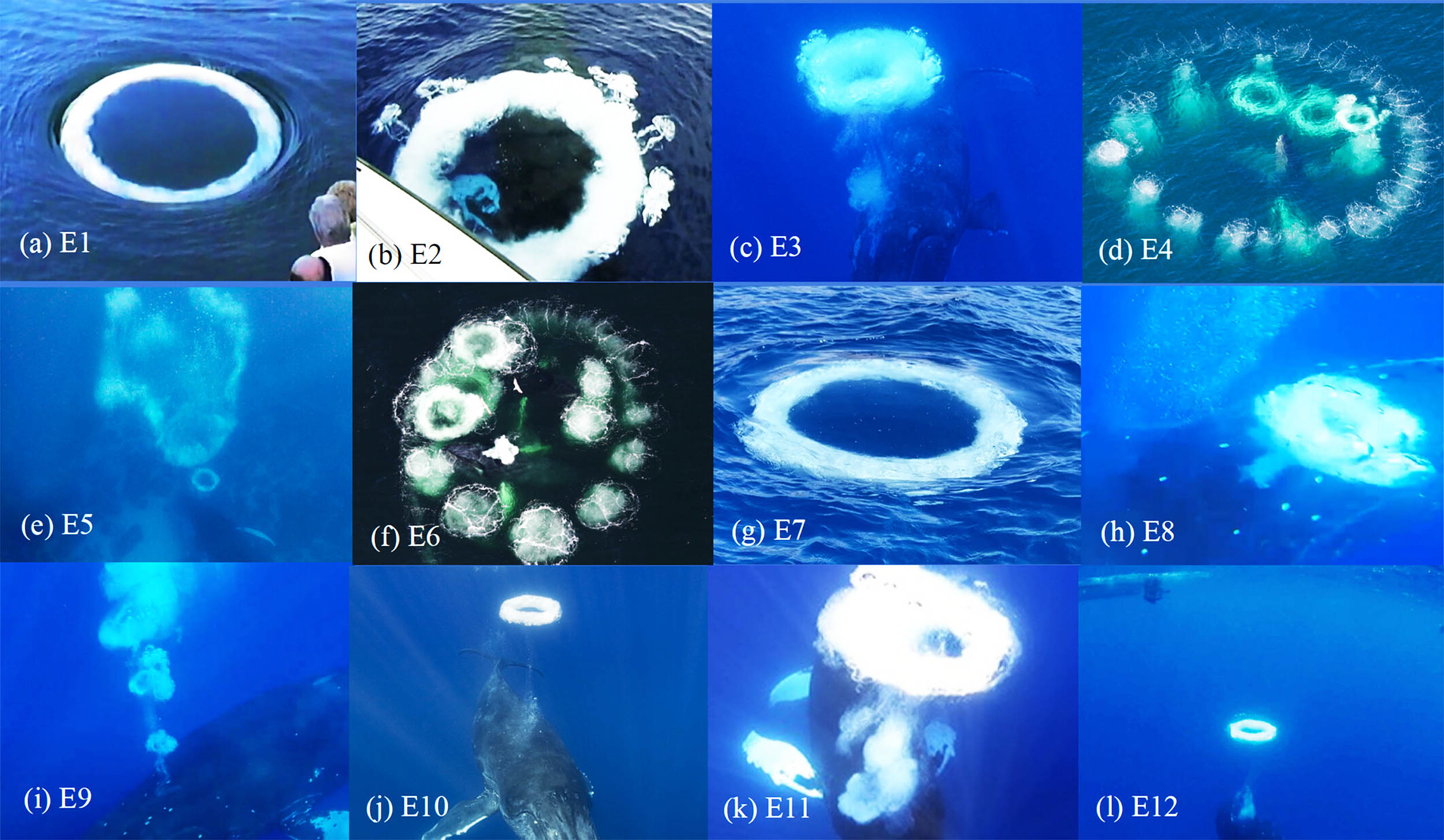
Humpback whales were observed blowing bubble rings near humans. This rare behavior may reflect playfulness, curiosity, or communication.

Dolphins are incredible marine mammals that have "names" for each other, just as humans do, and they use these names to chatter among themselves.

Simply looking at nature - or even just digital pictures of it - can relieve pain, according to new research which scanned the brains of people receiving electrical shocks.
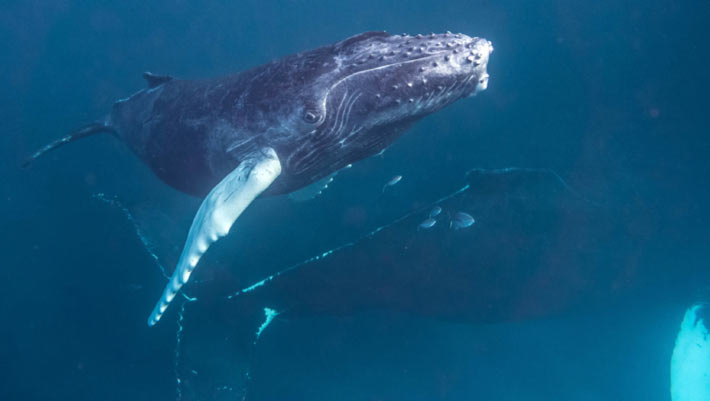
An international team of researchers have discovered hidden structures within whale songs that exhibit striking parallels to human language.

Emerging research suggests that we may absorb essential nutrients from the air we breathe, a concept now being explored under the term “aeronutrients.”

A new study explores how marine biodiversity conservation, human health and wellbeing are connected.

A meta-analysis of existing research shows exposure to nature, even as little as 10 minutes, could benefit those with diagnosed mental illness.
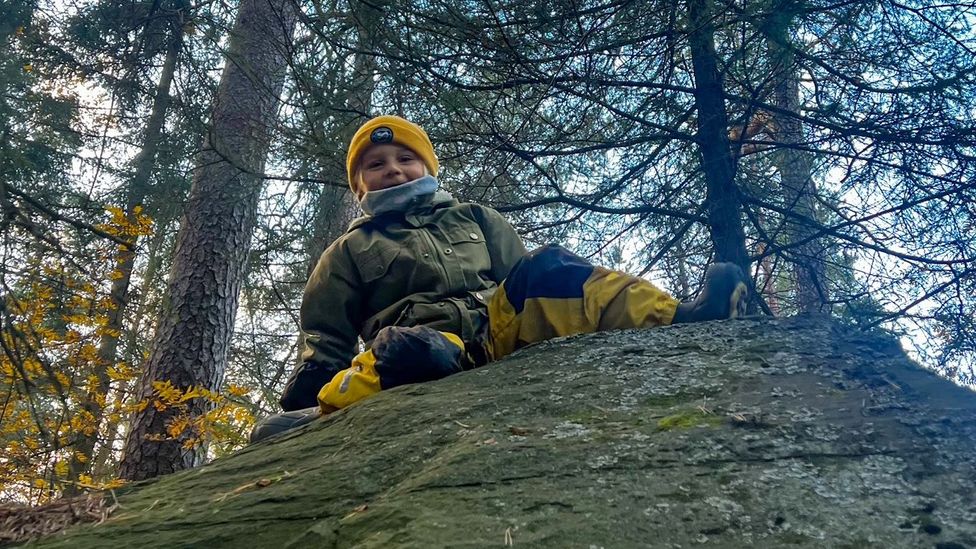
Scandinavian-style forest schools and nurseries are spreading all around the world. Outdoor learning is increasing seen as an important way of connecting children with nature.
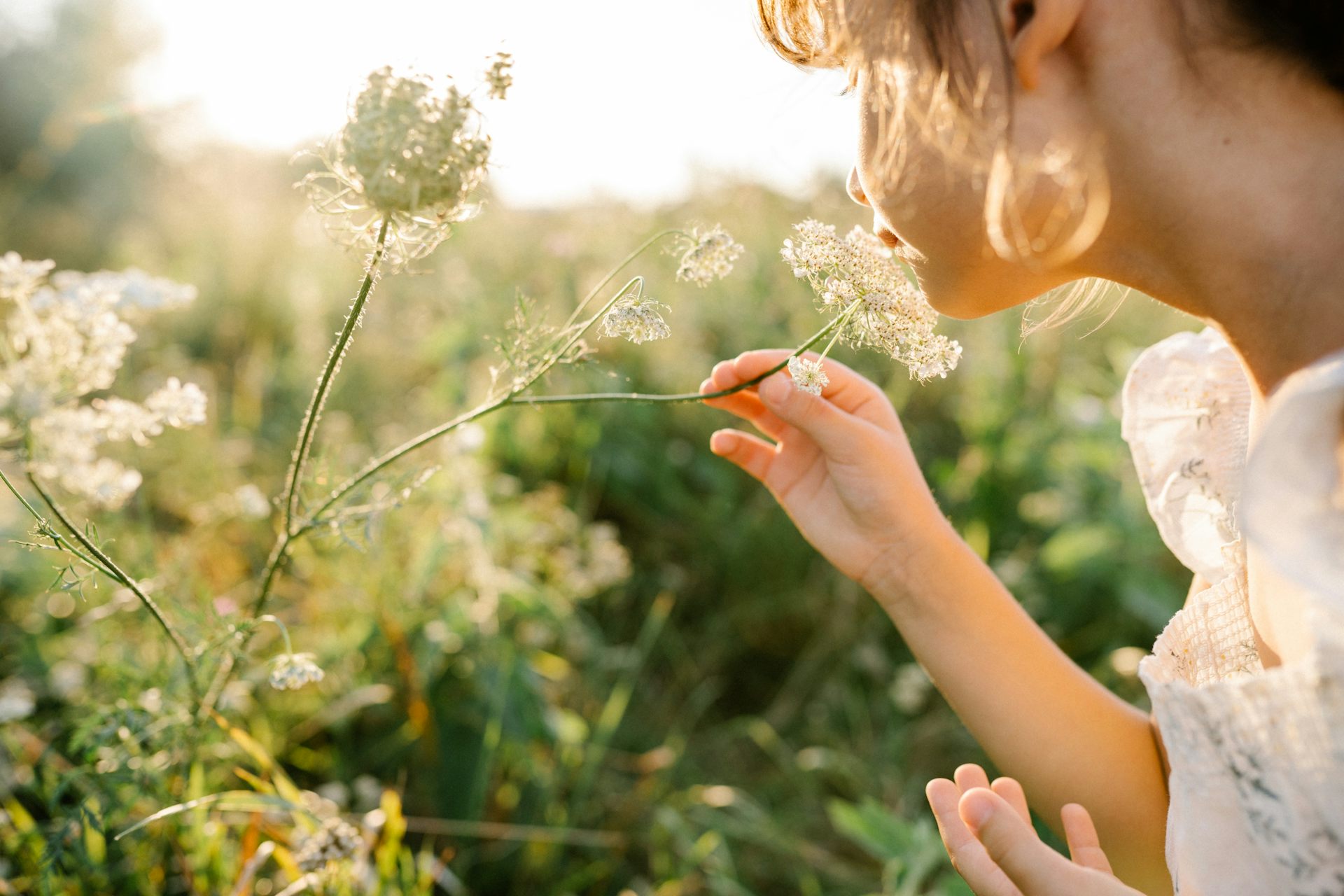
Green spaces with high natural diversity have more mental health benefits than those with low natural diversity.

Recent research showed nature can regulate our sense of time.

Early childhood exposure to green areas near the home during critical growth and development periods has a positive impact on bone health, said researchers.

A joint Spanish and American research team found that people living near green spaces are on average 2.5 years biologically younger than those who do not.
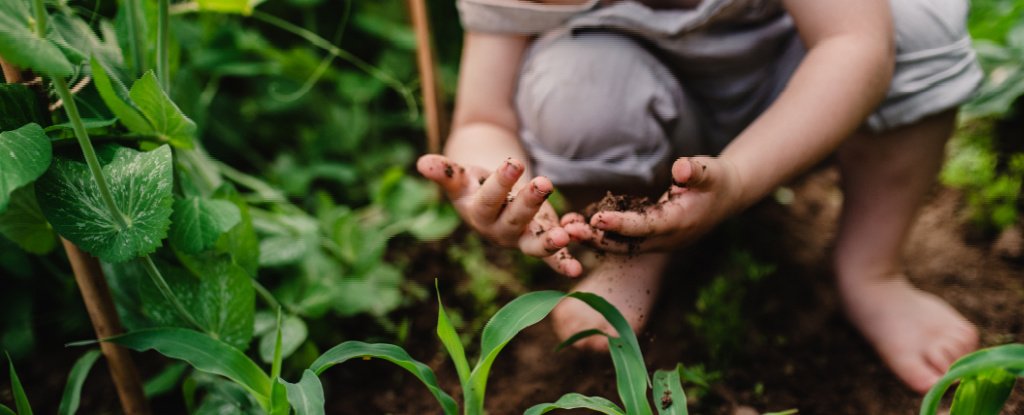
Playing through the greenery and litter of a mini forest's undergrowth for just one month may be enough to change a child's immune system, according to an experiment in Finland.

A major essay in a prestigious, peer-reviewed scientific journal argues that oceans are a “living entity” entitled to rights. The “Ocean rights” approach would make the creatures of the sea co-equal with humans.

Where you live has a significant impact on the likelihood that you will reach centenarian age. New research suggests that people who live in highly walkable, mixed-age communities may be more likely to live to their 100th birthday.